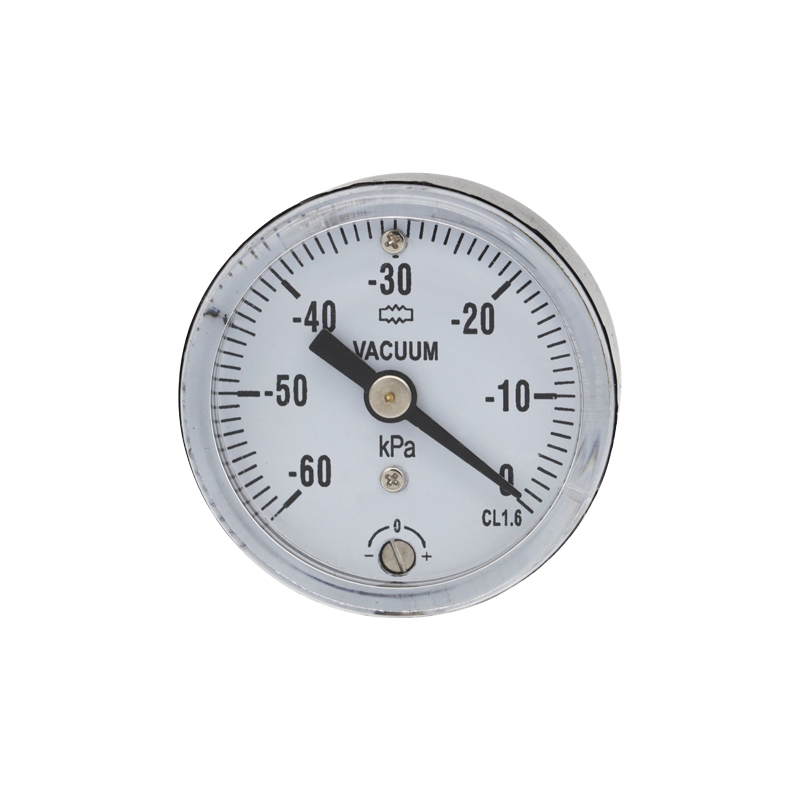
sie . 20, 2024 03:49 Back to list
Types and Applications of Differential Pressure Gauges in Various Industries
Understanding Types of Differential Pressure Gauges and Their Service
Differential pressure gauges are essential instruments used across various industries to measure the difference in pressure between two points. They play a crucial role in ensuring the proper functioning of systems in industries such as oil and gas, water treatment, pharmaceuticals, and HVAC. Understanding the types of differential pressure gauges and their respective applications can help in selecting the right device for specific service requirements.
Types of Differential Pressure Gauges
1. Mechanical Differential Pressure Gauges Mechanical differential pressure gauges typically utilize a diaphragm or a Bourdon tube to translate pressure differences into mechanical movement, which can be read on a dial. They are reliable and do not require external power sources, making them ideal for environments where electrical hazards are a concern. Mechanical gauges are commonly used in HVAC systems, filter monitoring, and safety applications.
2. Electronic Differential Pressure Gauges Electronic or digital differential pressure gauges employ sensors to capture pressure differences and convert them into electrical signals. These gauges often provide highly accurate readings and can display data on digital screens. Advanced models may offer features such as data logging, connectivity options for remote monitoring, and alarms for out-of-range measurements. They are widely used in clean room environments, laboratories, and power generation systems.
3. Capacitive Differential Pressure Gauges Capacitive gauges utilize capacitance changes caused by pressure variations to provide highly accurate measurements. The sensitivity of these gauges allows them to measure very low pressure differences, making them suitable for applications in the semiconductor industry, pharmaceuticals, and other contexts where maintaining precise pressure is essential.
types of differential pressure gauges service

4. Piezoelectric Differential Pressure Gauges These gauges operate using piezoelectric materials that generate an electrical charge in response to applied pressure. Piezoelectric differential pressure gauges are effective for dynamic measurements, making them ideal for applications such as hydraulic systems and gas turbine monitoring. However, they may not be suitable for static pressure measurements.
5. Wet/Wet Differential Pressure Gauges This type of gauge is designed for measuring the pressure differential between two sources of fluid. Wet/wet gauges feature connections for liquid measurement and are often used in applications where both pressure points contain fluid, such as in bioprocessing or certain chemical processes. They help ensure that the pressure differential is maintained within specified limits, preventing system failures.
Selection and Service Considerations
Choosing the right differential pressure gauge involves understanding the specific service conditions of the application, including the temperature, environment, and type of media being measured. For example, harsh environments may require mechanical gauges for their durability and lack of electronic components.
Service considerations also extend to installation and maintenance. Proper installation is critical to ensuring accurate readings. Regular calibration and maintenance are also necessary for longevity and reliability in performance. Many manufacturers provide guidelines on how frequently gauges should be calibrated to maintain optimal accuracy.
In conclusion, the range of differential pressure gauges available caters to diverse industrial applications, each offering unique advantages depending on the operational requirements. By understanding the various types of gauges, their functioning principles, and appropriate use cases, industry professionals can make informed decisions that enhance system efficiency and safety. Whether opting for mechanical, electronic, capacitive, piezoelectric, or wet/wet gauges, it is essential to assess the application thoroughly to optimize performance and reliability.
-
High-Precision 5 Valve Manifold Differential Pressure Gauge Suppliers
NewsApr.29,2025
-
High-Precision Diaphragm Vacuum Pressure Gauges Manufacturers & Quotes
NewsApr.29,2025
-
Omega Differential Pressure Gauges High Accuracy & Durability
NewsApr.28,2025
-
Low Pressure Differential Pressure Gauges Precision Solutions & Quotes
NewsApr.28,2025
-
Digital Diaphragm Pressure Gaauge Precision Measurement & OEM Quotes
NewsApr.28,2025
-
Differential Pressure Gauge China Price High-Accuracy & Best Quotes
NewsApr.28,2025
